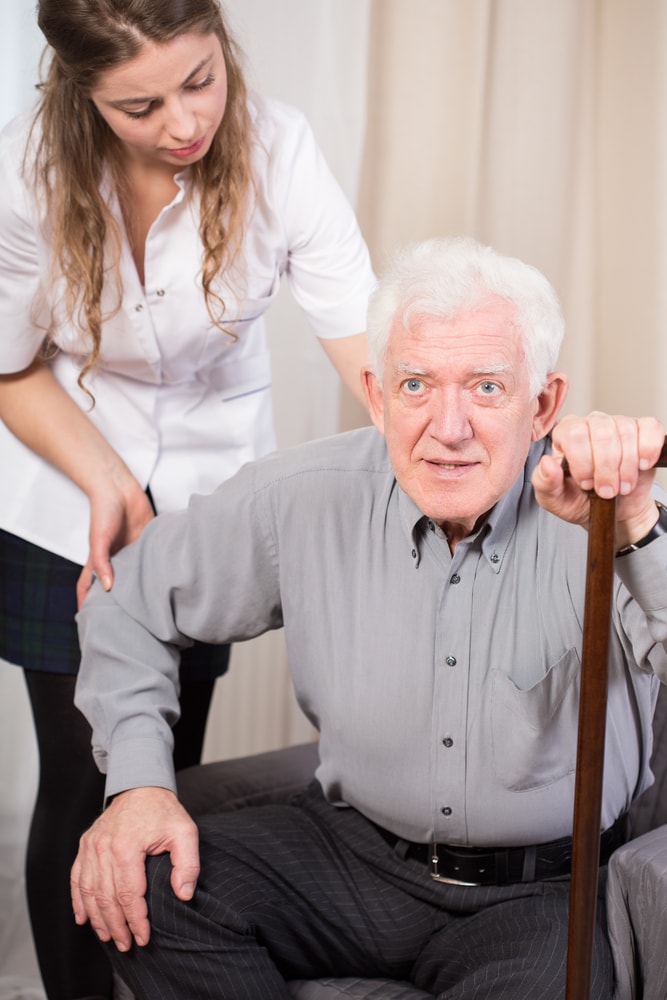Are you aware that non-medical home caregivers can do wonders for elderly clients? Yes, you read it right! They are not just there to provide companionship or assistance with daily tasks but they can also be lifesavers in many ways. From preventing falls and medication errors to providing emotional support, these unsung heroes play a crucial role in the lives of seniors. So if you want to know more about how non-medical home caregivers can make a difference in the lives of your loved ones, keep reading because we’ve got some amazing insights for you!
How Non-Medical Home Caregivers Can Help in Emergency Situations
In an emergency situation, every second counts. And having a non-medical home caregiver on hand can make all the difference. Here are just a few ways that a non-medical home caregiver can help in an emergency situation:

- They can provide immediate assistance. Non-medical home caregivers are trained to provide basic first aid and CPR, so they can offer immediate assistance while waiting for emergency medical services to arrive.
- They know your health history. In an emergency situation, it’s vital to have someone on hand who knows your health history and can provide critical information to medical personnel. A non-medical home caregiver will know things like your allergies, medications, and any pre-existing conditions that could complicate treatment.
- They can help with evacuation procedures. If you need to be evacuated from your home in an emergency situation, your non-medical home caregiver can help with the logistics. They’ll know how to properly pack up your belongings and get you to safety quickly and efficiently.
- They can provide emotional support. An emergency situation can be extremely stressful, especially for older adults who may be more vulnerable. Having a non-medical home caregiver by your side offers not only physical assistance, but emotional support as well. They can help keep you calm and relaxed during a chaotic time.
Common Emergencies and What to Do
There are many potential emergencies that elderly clients may face, and it is important for non-medical home caregivers to be prepared to handle them. Some of the most common emergencies include falls, heart attacks, and strokes.
Falls are a common cause of injury in the elderly population, and can often be prevented with simple measures such as removing tripping hazards from the home and providing assistance with activities such as bathing and dressing. If a fall does occur, it is important to stay calm and call for medical help if the client is injured or appears to be in pain.
Heart attacks and strokes are other common medical emergencies that can be life-threatening. It is important to know the signs and symptoms of these conditions so that you can act quickly if they occur. If you suspect that a client is having a heart attack or stroke, you should call 911 immediately.
By being prepared for common emergencies, non-medical home caregivers can play a vital role in keeping their elderly clients safe and healthy.
Training, Certifications, and Insurance Required for Non-Medical Home Caregivers
If you’re considering becoming a non-medical home caregiver, there are a few things you need to know about training, certifications, and insurance.
First, while you don’t need to be a nurse or have medical training, you will need to complete a training program. This will teach you the basics of caregiving, including how to provide personal care, handle medication administration and wound care, deal with common illnesses and injuries, and understand the rights of your clients.
Once you’ve completed your training, you’ll need to get certified. This is usually done through the state in which you plan to work. The certification process ensures that you meet all the requirements to be a non-medical home caregiver.
You must have insurance. This protects you in case anything goes wrong while you’re on the job. Your insurance should cover liability as well as any accidents or injuries that occur while you’re working.
With these three things in hand, you’re ready to start your career as a non-medical home caregiver!
Conclusion
Non-medical home caregivers provide invaluable services to elderly clients, offering them the support and assistance they need to remain living in their own homes. Home care providers are not only able to assist with everyday tasks like cleaning, shopping, and errands, but also offer companionship that can make a real difference in an elderly person’s life. If you’re considering hiring a non-medical home caregiver for your elderly loved one, be sure to research their qualifications thoroughly so you know you are getting the best quality of service possible.






